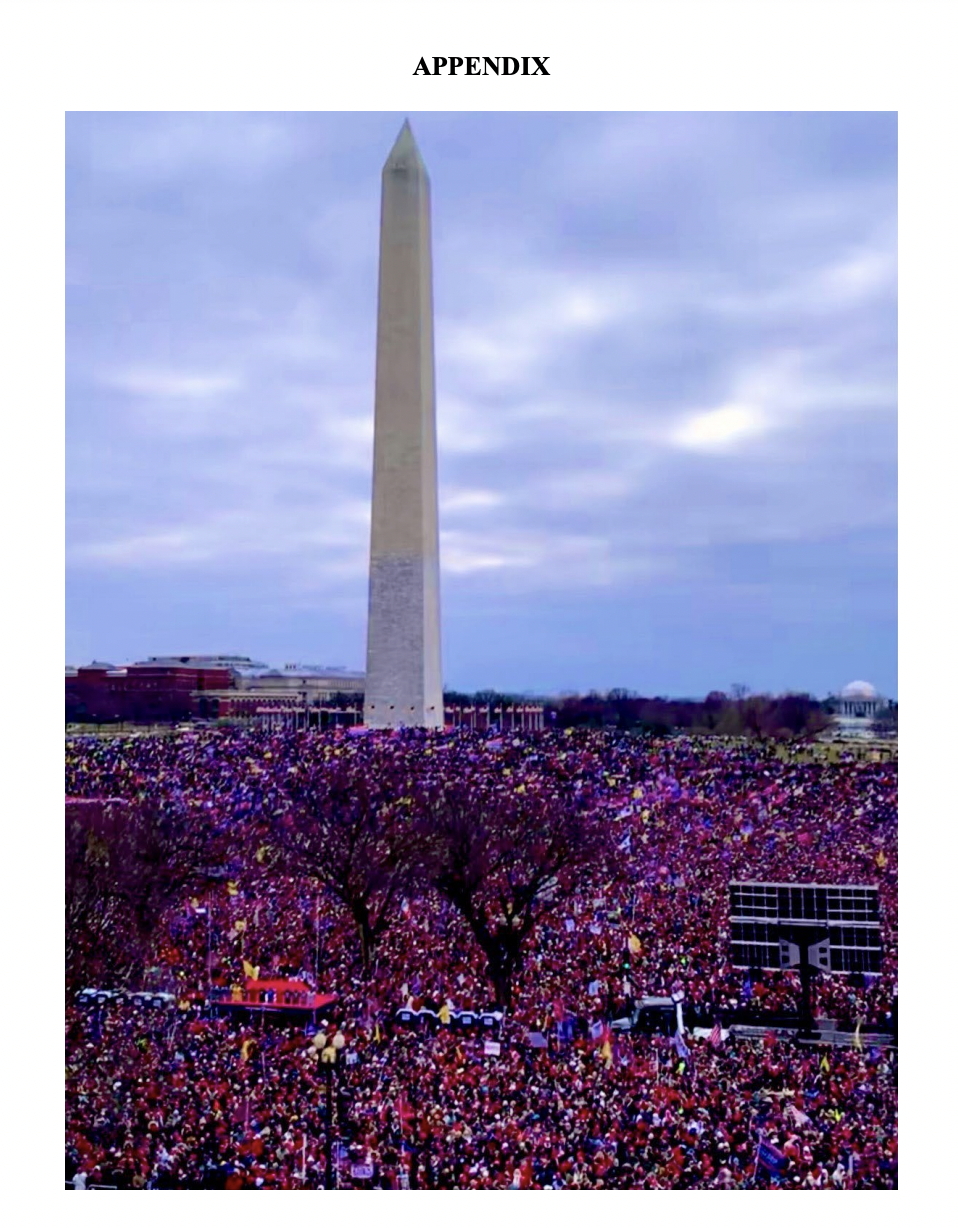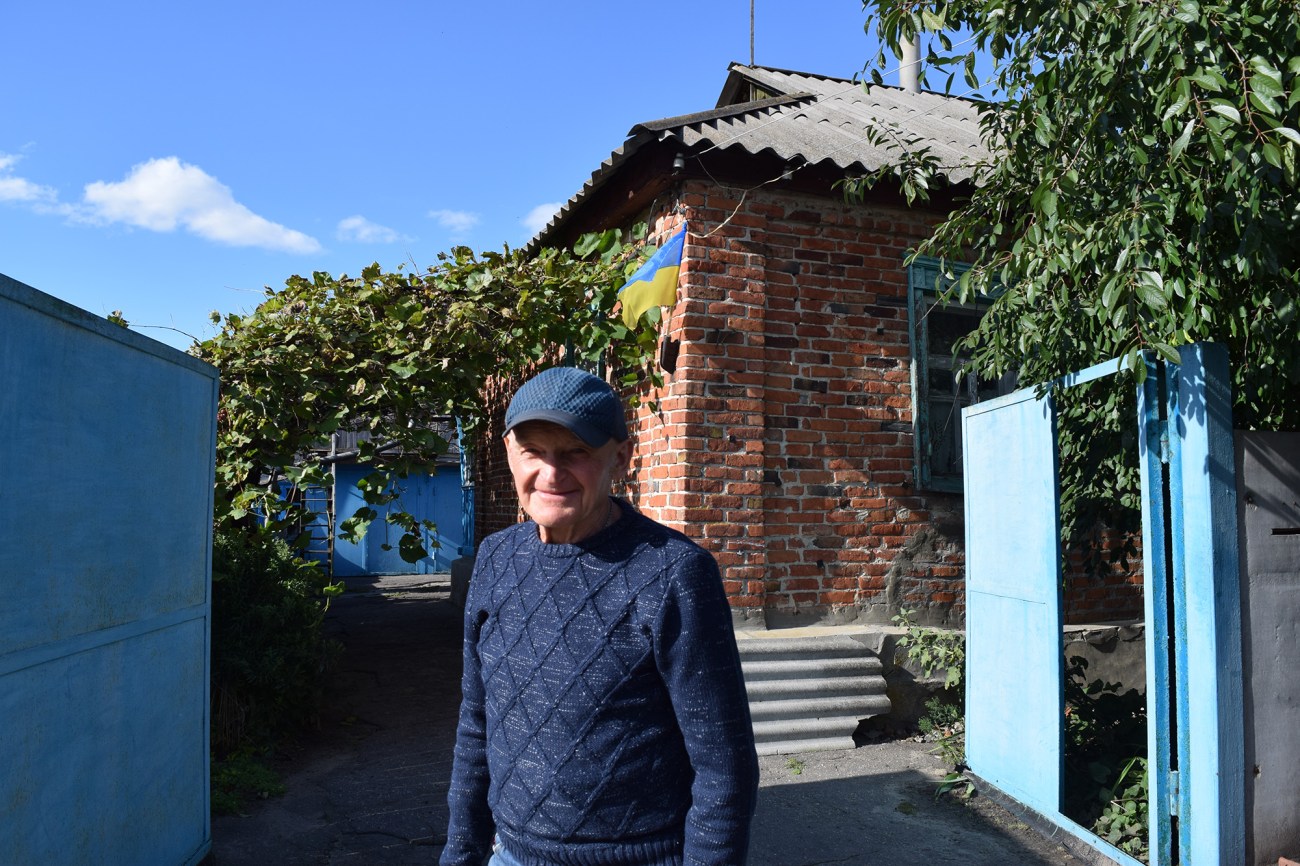When Sen. Raphael Warnock addressed several dozen supporters at Atlanta’s East Point Avenue United Methodist Church on Wednesday night, what he didn’t say spoke more loudly than what he did.
Warnock’s speech at this outreach event for Latino voters was full of religious and pro-immigration sentiments. “I am a Senator for all Georgia—no matter what country you’re from, and no matter what language you speak,” the reverend said. “The Bible tells us to welcome the stranger.” But it was also surprisingly hospitable to Warnock’s scandal-plagued opponent. That’s because Warnock did not criticize or even mention Herschel Walker once. During his comments, simultaneously interpreted into Spanish, Warnock didn’t bring up that Walker has been accused of holding a gun to his ex-wife’s head. He didn’t mention that Walker has criticized absentee fathers, while also having been accused of being one. Nor did Warnock mention the most recent allegation: that Walker, who supports total abortion bans without exception, has been credibly accused of urging a woman to get an abortion, and paying for the procedure.
Perhaps Warnock has decided that the allegations against the famed 1982 Heisman Trophy Winner are garnering plenty of attention on their own, or that the mud-slinging that has become customary among such high-profile elections is unbecoming of a man who first rose to political prominence as the senior pastor at Atlanta’s Ebeneezer Baptist Church, where Martin Luther King, Jr. once presided.
Asked why he hasn’t commented on the abortion allegations against Walker, outside of once calling them “disturbing,” Warnock told Mother Jones: “I’m focused on the job that the people of Georgia have hired me to do. And I think at the end of the day, the contrast—the deep differences between me and him—will be exceedingly clear.”
But the stakes of his nice-guy gamble couldn’t be higher. National polls averaged by FiveThirtyEight show just a 4-point lead for Warnock in an election that very well may be a factor—or even the final determinant—in whether Democrats retain their narrow control of the Senate. Georgia’s elections decided Senate control in 2020, when Sen. Jon Ossoff and Warnock both won their races in run-offs. Out of 50 states, just Georgia and Louisiana require run-offs when no candidate receives a majority of ballots cast in general elections. Elsewhere, candidates win when they have a plurality of votes. (If Georgia’s election concludes with neither Warnock or Walker winning more than 50 percent of the vote tally because the Libertarian candidate claims even a small percentage of the votes, a second election will take place about a month later.)
Copyright
© Mother Jones





